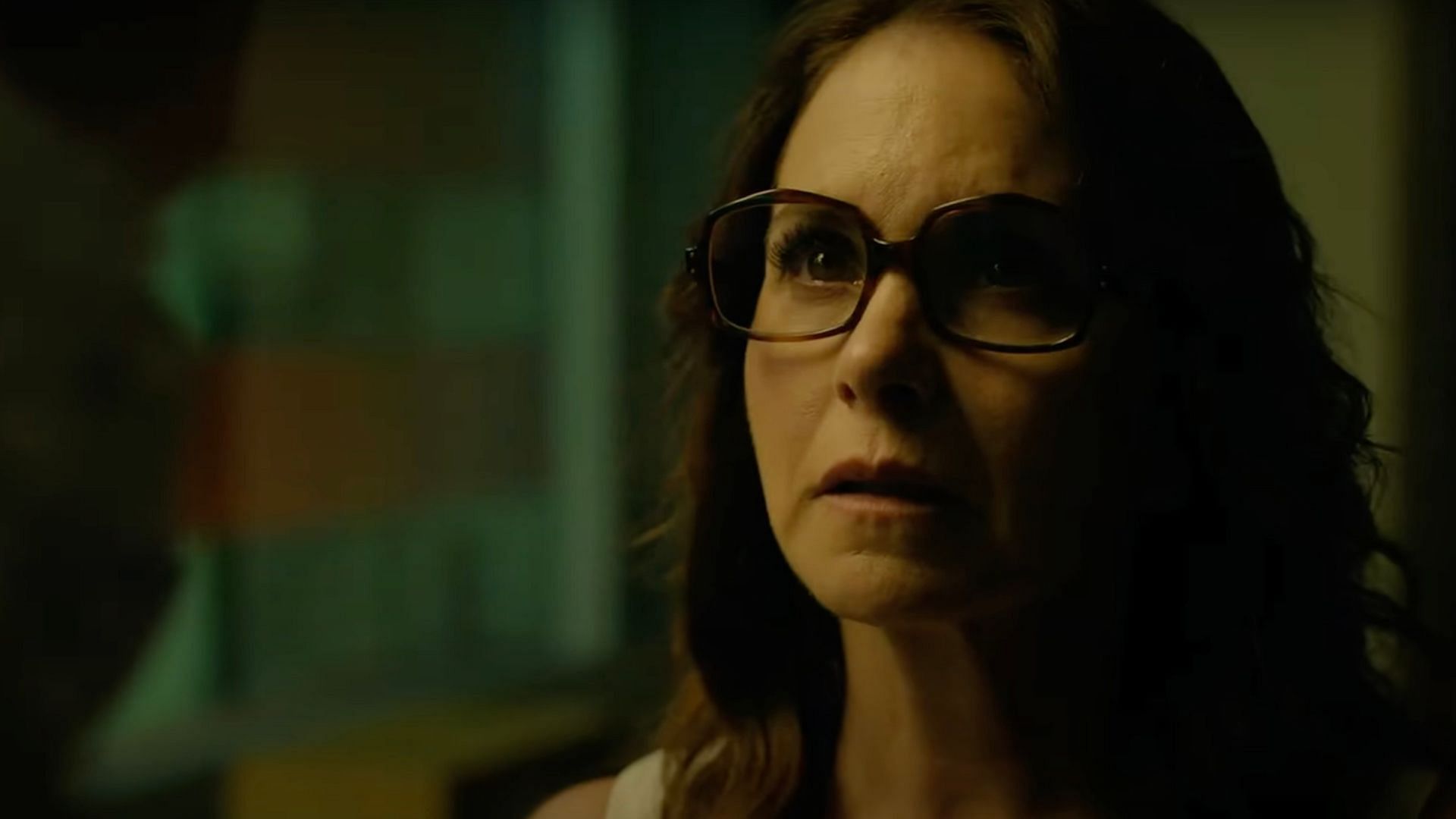Why is Netflix’s new film Our Times being compared to Greta Gerwig’s Barbie movie? Details explored

Our Times, a Mexican science fiction romantic comedy, was released on Netflix on June 11, 2025. The film runs for 1 hour and 30 minutes, and follows married physicists Héctor and Nora. They have created a revolutionary time machine that takes them to the year 2025 from 1966.
When Héctor and Nora travel to 2025, they notice massive differences. While it is expected to see technology advancements and travel advancements, there will also be structural differences. This is especially noted in the treatment of women.
In the year 1966, women had less agency and had their activities largely dictated by patriarchal norms. In 2025, however, women have more freedom, facing less resistance while asserting their rights.
Greta Gerwig's 2023 hit movie, Barbie, also highlights similar themes through Barbie and Ken's experiences while they briefly visit the real world. While the experiences of the female protagonists in both films are contrasting, they are built on similar ideas, namely feminism, patriarchy, and misogyny.
Disclaimer: This article contains spoilers for the movies Our Times and Barbie. Reader discretion is advised.
Netflix's Our Times has strong conceptual similarities with Greta Gerwig's Barbie
Many viewers who have watched Netflix's latest, Our Times, have pointed out strong converges with Greta Gerwig's 2023 Barbie movie. While the two movies share different narratives, certain core concepts used in both have stark similarities.
In both films, concepts of women's rights, male dominance, and social injustice are explored. In Our Times, Nora, after time-travelling, finds that women are treated better in 2025. In Barbie, Sterotypical Barbie learns that women are ill-treated in the real world, a problem that was non-existent in the Barbie world.
Though their experiences in the new setting they travel to are contradictory, they both shed light on existing structures that are important in understanding the female experience.
Another important similarity between the two films is that in both cases, the women decide to stay in the places they travel to. In Our Times, Nora decides to stay back in 2025, where women enjoy more freedom, while her husband leaves.
In Barbie, Sterotypical Barbie decides to stay in the real world as a human to experience life with all its complexities. While the circumstances under which they stay are different, their fates end up being the same.
That being said, in the Netflix film, Nora eventually reconciles with Héctor when they are both of old age. She does so by building a time machine herself after she has lived a full life and accomplished all she had wanted to.
Also read: 7 sci-fi romance movies to watch if you liked Netflix's Our Times.
About the movie
Our Times revolves around two brilliant physicists, Héctor and Nora. The married couple makes a groundbreaking scientific discovery by developing a time machine. With the help of their new invention, they are transported to 2025 from their original timeline, 1966.
As they leap into this future, the journey is different for the couple. Héctor struggles to adapt to the significant technological advancements and transformed social structure. Meanwhile, Nora is quite thrilled to have the newfound freedom and opportunities that 2025 presents to her.
These contrasting experiences highlighted in the movie make it not just about time travel but also about identity, gender roles, and evolving dynamics.
The official synopsis for the movie, as highlighted by Netflix, reads:
"Husband and wife Nora and Héctor's scientific breakthrough lets them time travel from 1966 to 2025. As Héctor struggles, Nora thrives—but at what cost?"
The cast of Our Times is led by Lucero and Benny Ibarra, who play Nora and Héctor, respectively. Renata Vaca and Ofelia Medina also appear in supporting roles, portraying Alondra and Julia, respectively.
Stay updated on the latest trends in TV shows and movies as 2025 progresses.




